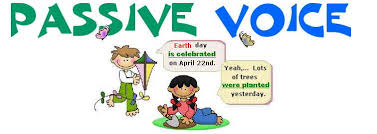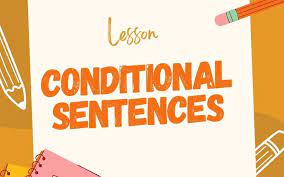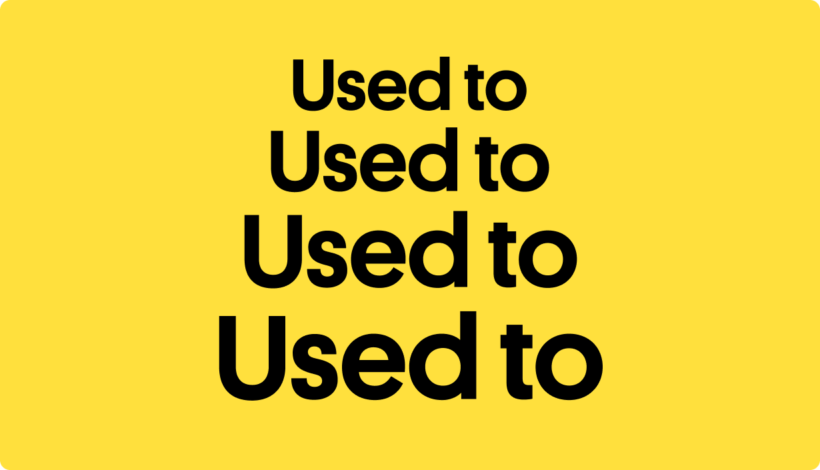
It is possible to learn something or develop a skill if you practise enough.
the most you practice, the most you understand your lessons and get good grades in your exams.
Try to solve these exercises which will help you to enhance your level in English.
- Enseignant: Amel MEHADJI

We use the passive, rather than the active, to show that we are more interested in a certain part of the sentence. The passive is usually formed by the verb to be + past participle.
- Enseignant: Amel MEHADJI

Third Conditionals are sentences with two clauses – an ‘if' clause and a main clause – that describe the past. They are used to describe ‘something that didn’t happen’.
We would have arrived on time if we had left earlier.
We left late so we arrived late.
In mixed conditionals, the time between the first and second clause is not the same.
We would be there now if we had left earlier.
We are not there now because we left late.
- Enseignant: Amel MEHADJI

The general structure of If Clauses consists of two parts: the 'if' clause and the main clause. They should emphasize that in an If Clause, the 'if' clause usually comes first, followed by the main clause. The teacher can use simple examples to illustrate this structure, such as: 'If it rains, I will bring an umbrella.'
- Enseignant: Amel MEHADJI


Intellectual disability is significantly below average intellectual functioning present from birth or early infancy, causing limitations in the ability to conduct normal activities of daily living.
- Enseignant: Amel MEHADJI

"Used to" always refers to the past. Use it to talk about habits, states, or facts that were true before, but which aren't true now. Example: "We used to live in San Diego." This means we lived in San Diego before, but we don't live there now.
"Be used to" is typically used in the past and present. It refers to the state of being familiar with, comfortable with, and accustomed to something. Example: "Beatriz is used to showering in the morning." This means she is accustomed to showering in the morning, not in the evening. This behaviour is something she is comfortable with and familiar with.
"Get used to" can be used in all tenses. It is the sister phrase of "be used to," but it focuses on the process of becoming familiar with, comfortable with, and accustomed to something. For example: "We're getting used to living together." This means my roommate and I are learning how to live together. We are still becoming comfortable with our living arrangement.
"Be used to" and "get used to" are sister phrases. "Used to" is separate because of its focus on the past.
- Enseignant: Amel MEHADJI
